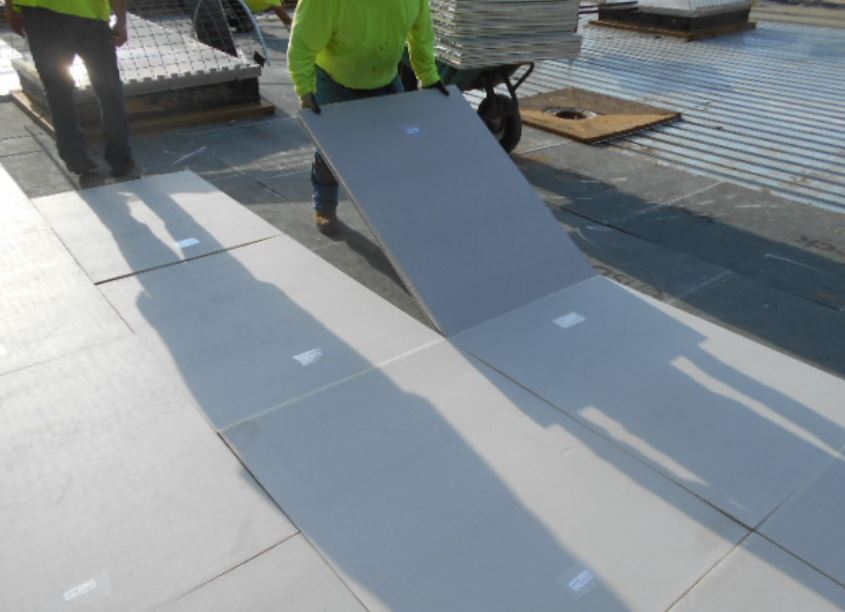Fascination About POLYISO (Polyisocyanurate) Roofing Insulation - GenFlex


Metal Roof Insulation Options: Pros, Cons and Price Comparison
The Only Guide for The Importance of Insulating Your Commercial Roof Properly
The U.S. Department of Energy states that when temperatures reach listed below freezing, fiberglass loses as much as 50% of its R-value since of the extreme distinction in temperature levels between the interior and outside of the house. Pros of cellulose loose-fill insulation: Made up of paper and in some cases recycled newspaper, cellulose insulation is eco-friendly and does not posture any health issues.
Cons of cellulose loose-fill insulation While cellulose is treated with fire retardants, it is likewise non-combustible and tough to snuff out. R-value R-2. 2-2. 7 R-3. 2-3. 8 Structural insulated panels Image source: Nohara Made up of prefabricated boards with foam in between, structural insulated panels' appeal amongst insulation items is growing.
Pros of structural insulated panels SIPs are frequently used as a replacement for wood frames and can manage dead loads up to 10 pounds per square foot and live loads up to 70 pounds per square foot. The oriented hair boards holding the foam together are made from underutilized and less pricey trees.
Unknown Facts About New Options for Insulating and Ventilating Wood-Framed
Cons of structural insulated panels Although SIPs are long lasting, they are not developed to get wet. They require some sort of vapor barrier or exterior sheathing that will safeguard them from moisture. Another Point of View are offered in various sizes, however some that are bigger in size require a crane with a professional installer.

CE Center - New Options for Insulating and Ventilating Wood-Framed Sloped Roofs
As soon as you have actually located what R-value environment zone your house is in, you'll have a better understanding of which kinds of insulation are right for you. Whether you're planning on installing it yourself or employing a relied on roofing system insulation specialist, insulating your house will decrease your energy expenses, decrease carbon emissions, and keep your home warm in the winter season and cool in the summer season.
